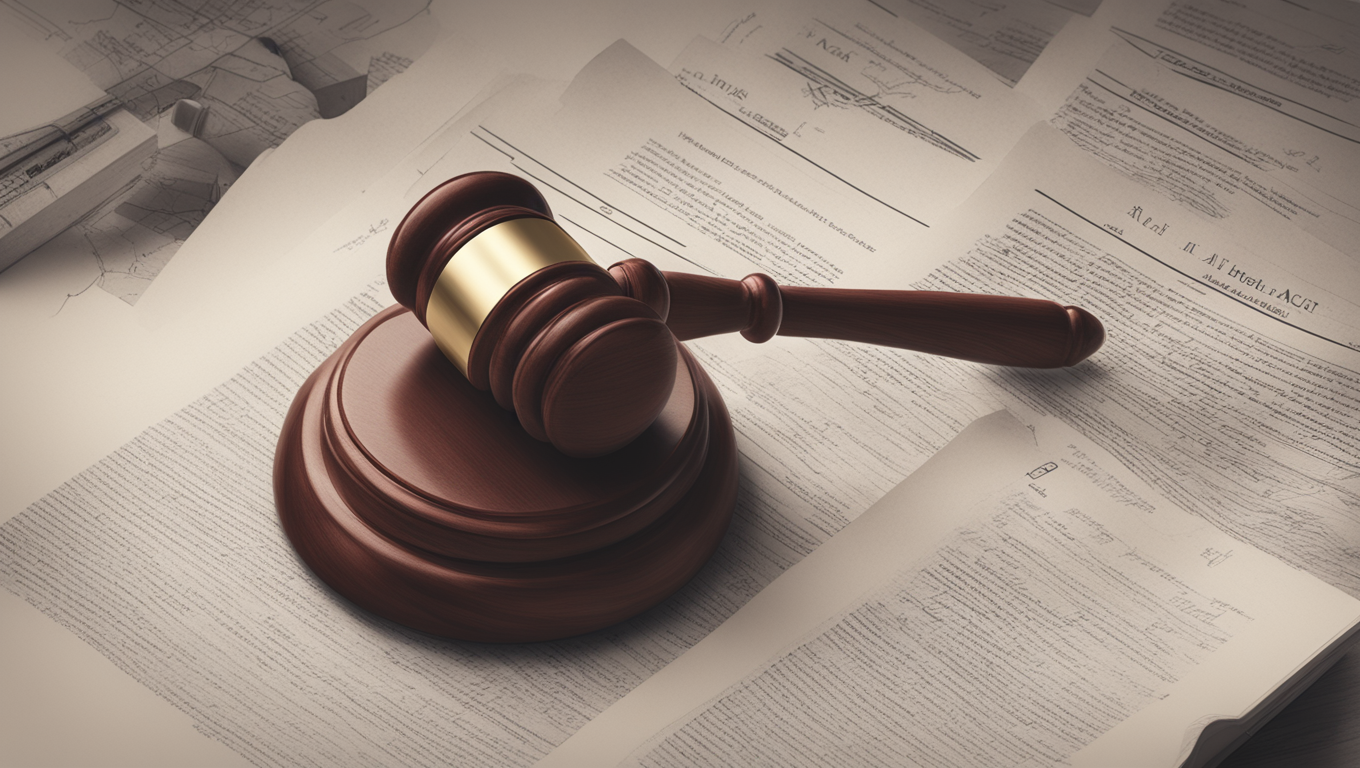The European Union has once again taken a leading role in shaping the future of technology with its groundbreaking legislation on artificial intelligence (AI). The world’s first comprehensive AI Act, recently adopted by the European Parliament, seeks to not only transform the AI landscape but also ensure the protection of fundamental human rights.
Receiving overwhelming support from Members of the European Parliament, the AI Act is set to officially take effect in May. However, the legislation includes phased implementation for different provisions, allowing AI providers ample time to comply. For example, general-purpose AI systems like chatbots will have a 12-month grace period to adapt to the new regulations.
One of the key objectives of the AI Act is to address concerns surrounding bias, privacy, and other potential risks associated with rapidly advancing AI technologies. To this end, the legislation explicitly prohibits certain AI applications that may be deemed harmful to citizens' rights. These prohibited applications include emotion detection in workplaces and schools, social scoring, predictive policing solely based on profiling, and manipulative or exploitative AI systems.
Furthermore, the AI Act imposes strict conditions on the use of biometric identification by law enforcement. Exceptions are only allowed in specific circumstances, such as missing person searches or preventing terrorist threats. This ensures that the use of biometric data is limited and subject to careful scrutiny.
The legislation also places rigorous obligations on high-risk AI systems to mitigate risks, ensure transparency, accuracy, and human oversight. Citizens are granted the right to lodge complaints and seek clarifications on AI decisions that impact their rights. This aspect of the AI Act emphasizes the EU’s commitment to ensuring that individuals have recourse when they believe AI has been used inappropriately.
In enacting the AI Act, the European Union has demonstrated its dedication to being at the forefront of responsible AI development and application. The legislation strikes a delicate balance between fostering innovation and protecting individual and societal values.
This groundbreaking move by the EU has garnered attention from experts and key figures in the AI community. Ray Kurzweil, renowned futurist and Google’s Director of Engineering, hails the AI Act as a significant step towards ensuring the ethical use of AI. He states, “The European Union’s AI Act sets a much-needed precedent for other regions to follow. By implementing comprehensive legislation that safeguards privacy, combats bias, and regulates AI applications, the EU is taking a proactive stance in shaping the future of AI for the better.”
The AI Act serves as a model for other countries and regions to develop their own regulatory frameworks for AI. As AI continues to play an increasingly important role in society, it is crucial to have clear guidelines and safeguards in place to protect individuals and prevent the misuse or abuse of AI technologies.
With the AI Act, the European Union has taken a significant step towards building a responsible and trustworthy AI ecosystem. By striking a careful balance between innovation and ethics, the EU is paving the way for a future where AI benefits everyone while respecting fundamental human rights.





Use the share button below if you liked it.